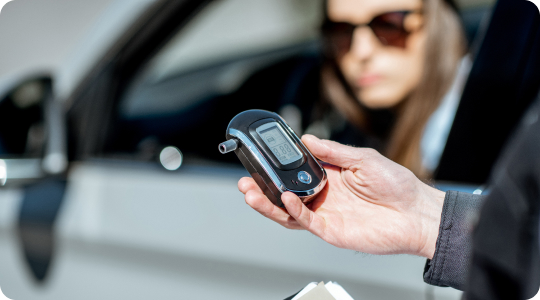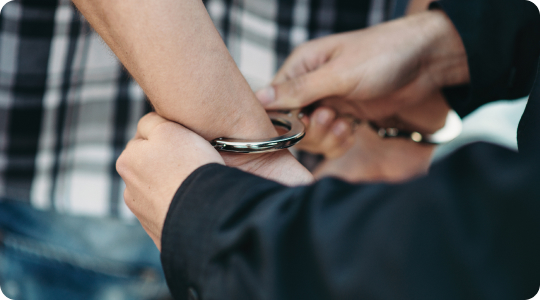New website - same outstanding legal advice.
New website - same outstanding legal advice.
In your time of need, it’s important to have solid legal representation from people that you can trust.
Established in 2003, collectively our team of expert and qualified solicitors have more than 100 years of experience across a range of motoring, serious and complex crime, fraud and financial criminal offences. We have an inherent understanding of every aspect of the law as well as a flexible payment structure for clients that are not eligible for legal aid, which ensures our services are accessible to all.
GQS Solicitors can help with a wide range of motoring offences. We provide exactly the right help that’s tailored to your circumstances so you can be confident that you and your case will be in safe hands.

.jpg?width=540&height=300&name=Rectangle%20Copy%20(1).jpg)
Serious and complex criminal offences require specialist representation. GQS Solicitors have experience in a wide range of serious and complex cases and understand that no two are ever the same. We recognise that, whatever the circumstances, sensitivity and professionalism are needed, along with a meticulous attention to detail.
We’ve an inherent understanding of all aspects of law, and can offer unrivalled representation for a range of general criminal offences. From sexual offences, to Kidnap and S18 offences, we can provide exactly the right support, where it is needed the most.


Our extensive experience with fraud and financial crime puts you in the best possible position to face the charges against you. We understand first-hand the complexities that accompany cases such as these and will work tirelessly to ensure you have the best possible defence.
Whatever our instruction – whether you want to plead guilty or not guilty to the charges against you - our detailed approach will ensure each and every aspect of your case is analysed to provide you with the best possible outcome.
For us, transparency is key to a good working relationship with our clients which is we keep your appraised of our progress every step of the way.